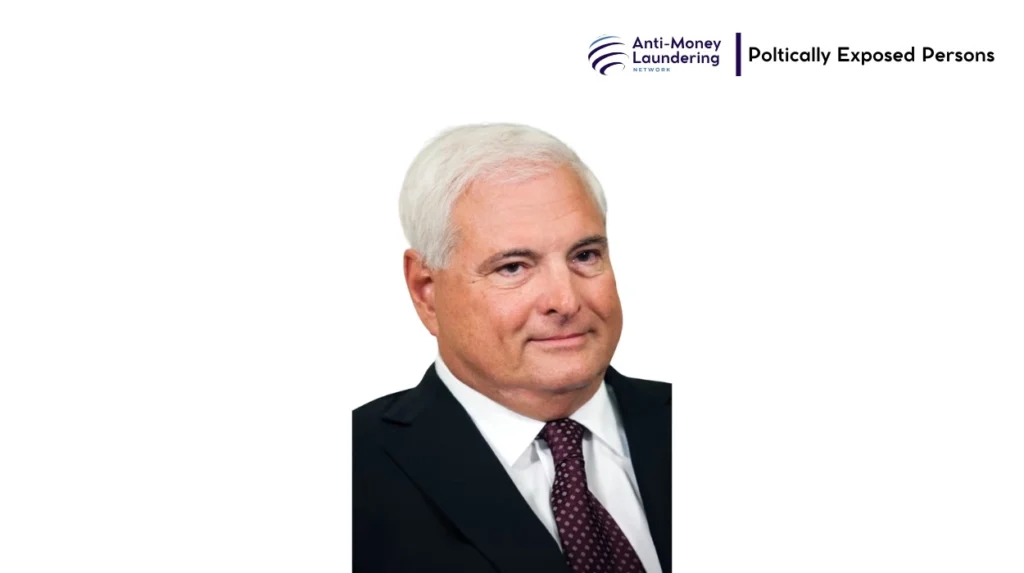Ricardo Martinelli is a Panamanian businessman and politician who served as the 36th President of Panama from 2009 to 2014. Known for his role in shaping Panama’s economic growth and infrastructure, Martinelli’s career combines notable achievements with significant allegations of corruption and misuse of power. His presidency left a lasting imprint on Panama’s development trajectory while also raising critical issues surrounding governance and financial transparency.
Early Life and Background
Born on March 11, 1952, Ricardo Martinelli’s place of birth is Panama. He received his education at the Staunton Military Academy in Virginia, USA, graduating in 1969, and later earned a Bachelor’s degree in Business Administration in 1973. His Panamanian nationality and citizenship have always linked him closely to his country, where he would eventually rise to prominent political leadership.
Personal Life
Ricardo Martinelli’s personal life is intertwined with his political and business endeavors. He is married to Marta Linares de Martinelli, his spouse, and together they have several children. His family has been at the center of both his personal support system and controversial allegations, especially concerning his children’s involvement in financial scandals. Notably, Ricardo Martinelli Luis Enrique Martinelli Linares, one of his sons, has faced important legal scrutiny related to money laundering claims. The family’s prominence in Panama has brought both influence and intense public attention.
Career and Achievements
Before entering politics, Martinelli built a successful business career, notably heading Importadora Ricamar. His political rise began in earnest when he founded the Democratic Change party. After an unsuccessful presidential bid in 2004, he won the presidency in 2009 with a strong mandate.
During his presidency, Martinelli’s position as the country’s leader was marked by ambitious development policies. He presided over a period of economic prosperity with GDP growth rates among the highest in Latin America. His administration focused on extensive infrastructure projects, including the expansion of the Panama Canal and construction of the Panama City Metro, the first subway system in Central America. Social programs aimed at poverty alleviation and wage increases were also central to his agenda. However, his time in office was shadowed by accusations of authoritarian rule and nepotistic appointments.
Lifestyle, Wealth, and Assets
Ricardo Martinelli’s net worth accumulated from both his business ventures and political career. Reports indicate ownership of luxurious assets, including residences and yachts; however, many of these details are clouded by allegations of illicit financial practices. Leaks such as the Pandora Papers allege the existence of offshore entities linked to him and his family, raising questions about the transparency of his wealth and asset holdings.
Influence, Legacy, and Global Recognition
Martinelli has had a significant influence on Panama’s recent history, contributing to its economic modernization while also drawing criticism for governance issues. His legacy is complex; he modernized key sectors and improved the living standards for many citizens but also faced allegations tied to corruption scandals, notably the Odebrecht bribery case. Globally, his name is associated with debates around political power abuse, clientelism, and financial misconduct in Latin America.
Financial Transparency and Global Accountability
As a politically exposed person (PEP), Ricardo Martinelli is emblematic of the governance challenges in Panama. He and members of his family have been critically implicated in various money laundering and corruption investigations. Exploitation of his political position to divert state resources and conceal wealth through offshore structures has been documented, with his son Luis Enrique Martinelli Linares also under investigation. These allegations highlight systemic issues of impunity and weak enforcement of transparency rules within Panama’s political framework.
Ricardo Martinelli remains a pivotal figure in Panama’s political and economic landscape. His contributions to the country’s infrastructure and growth coexist with a fraught legacy of legal challenges and corruption allegations. His story highlights the tension between developmental ambitions and the need for proper governance and accountability, making his profile critical to understanding Panama’s contemporary political history.

